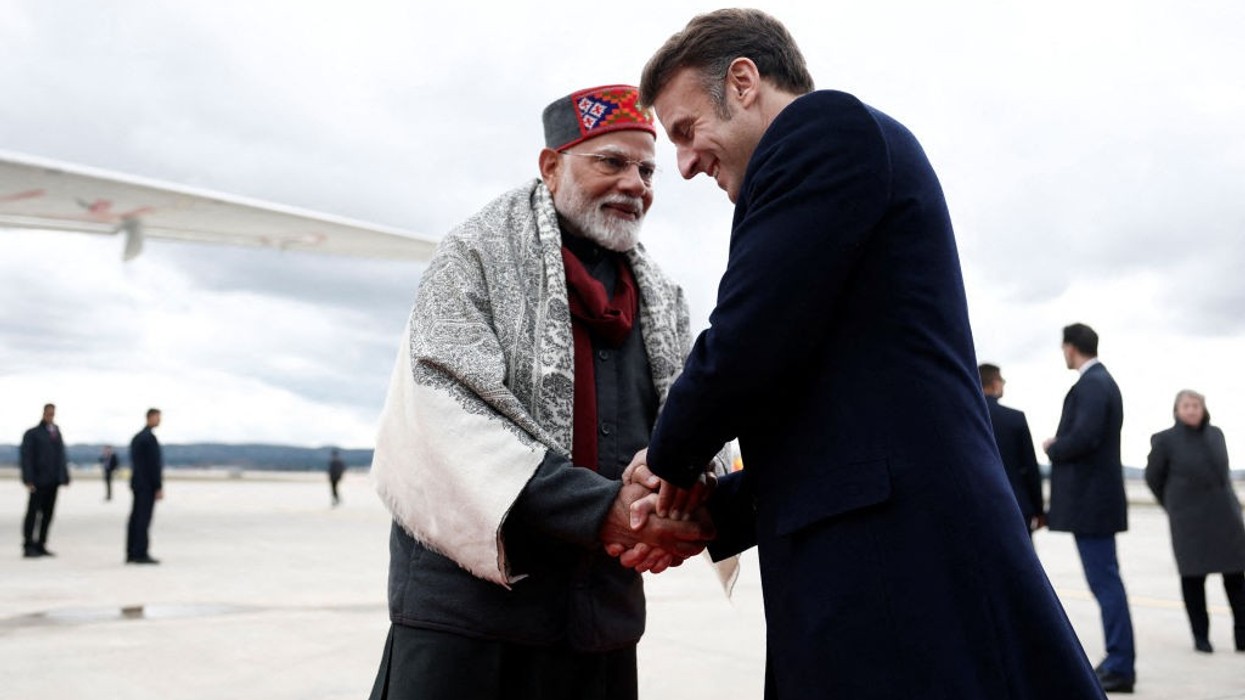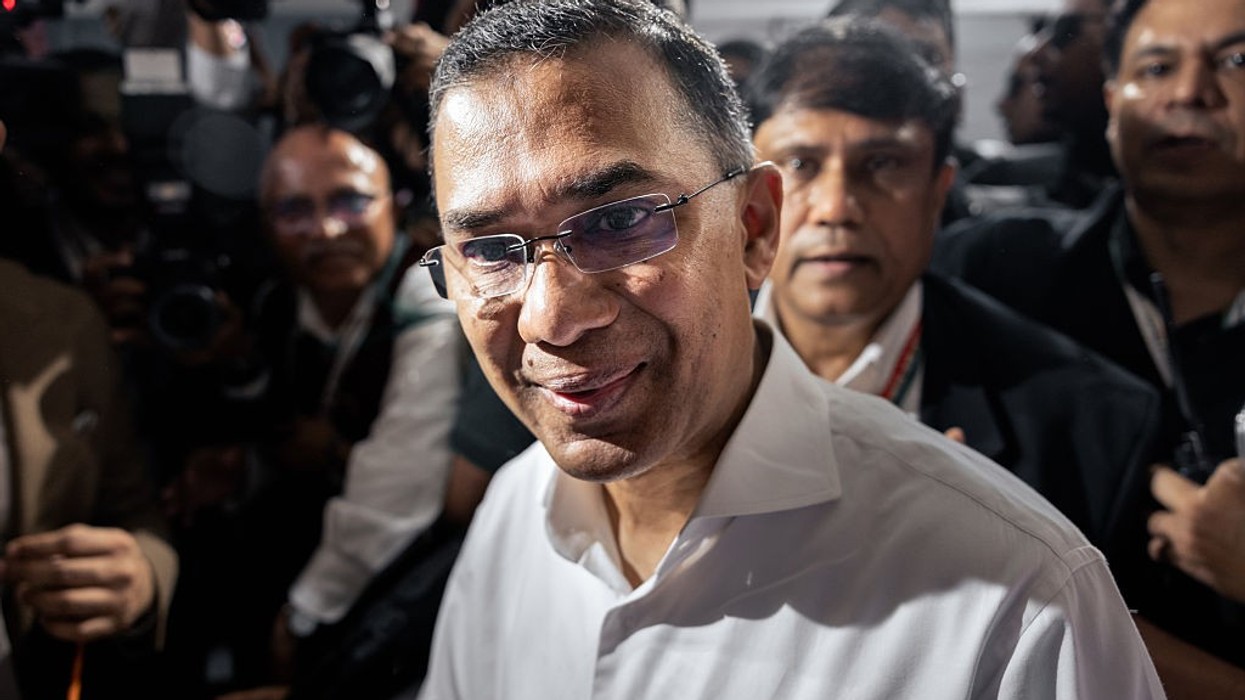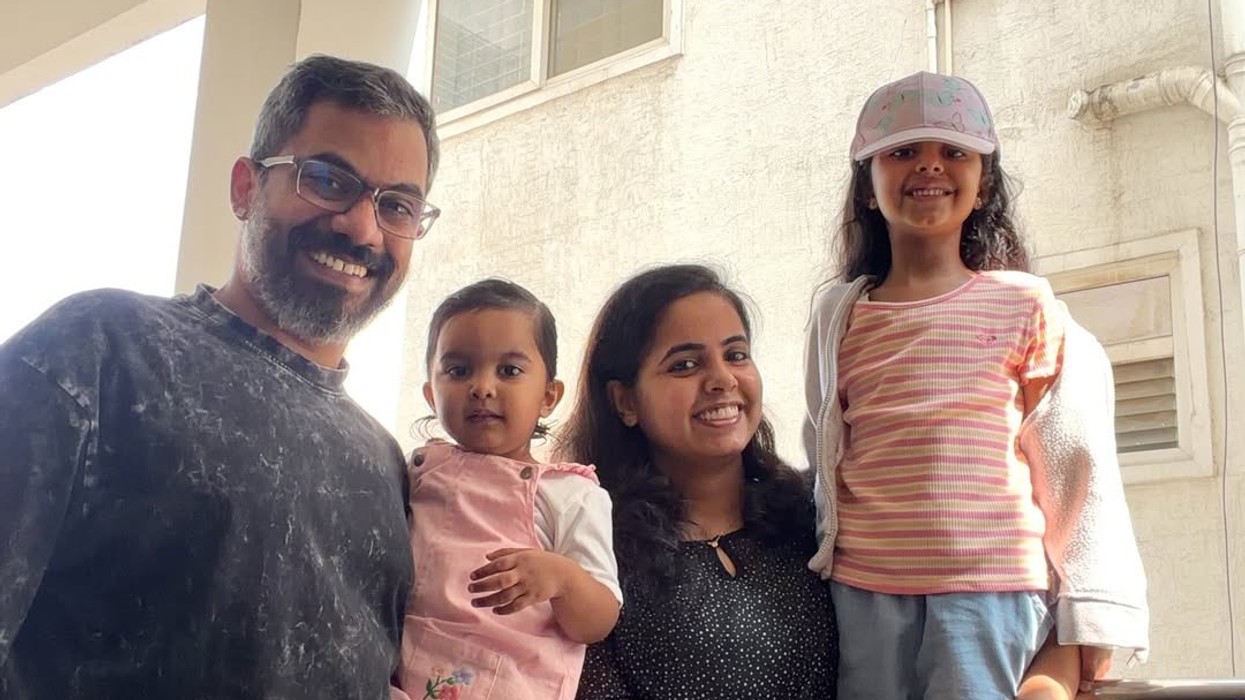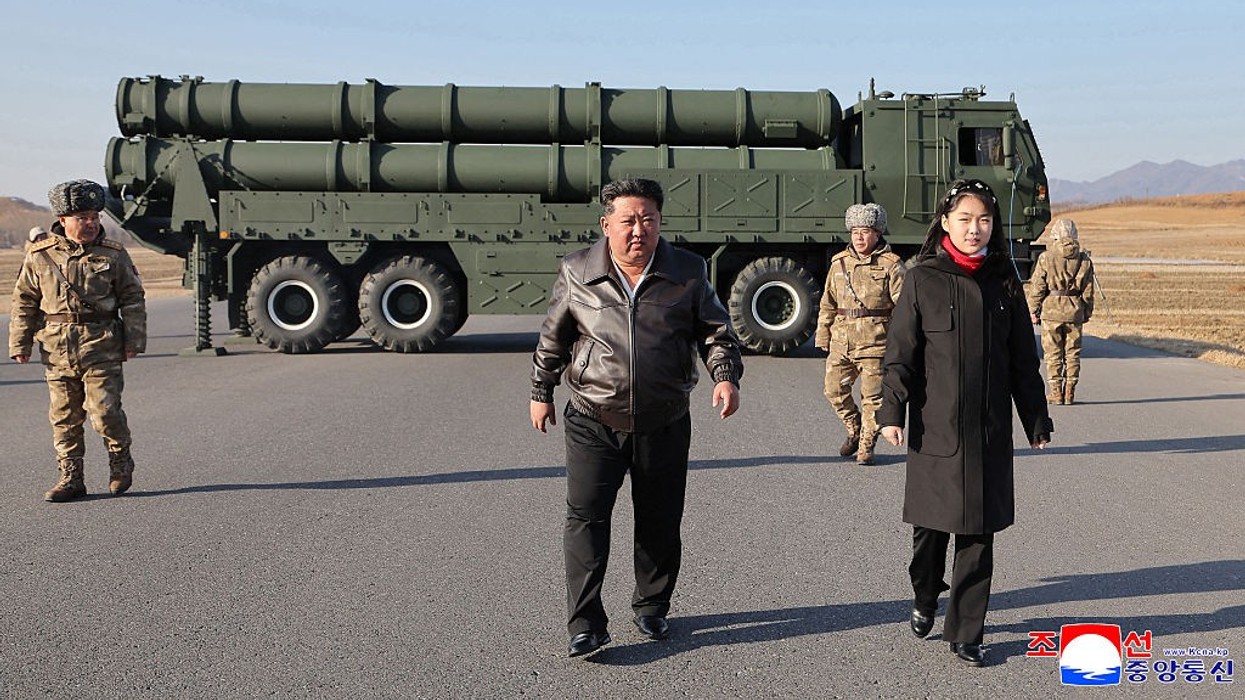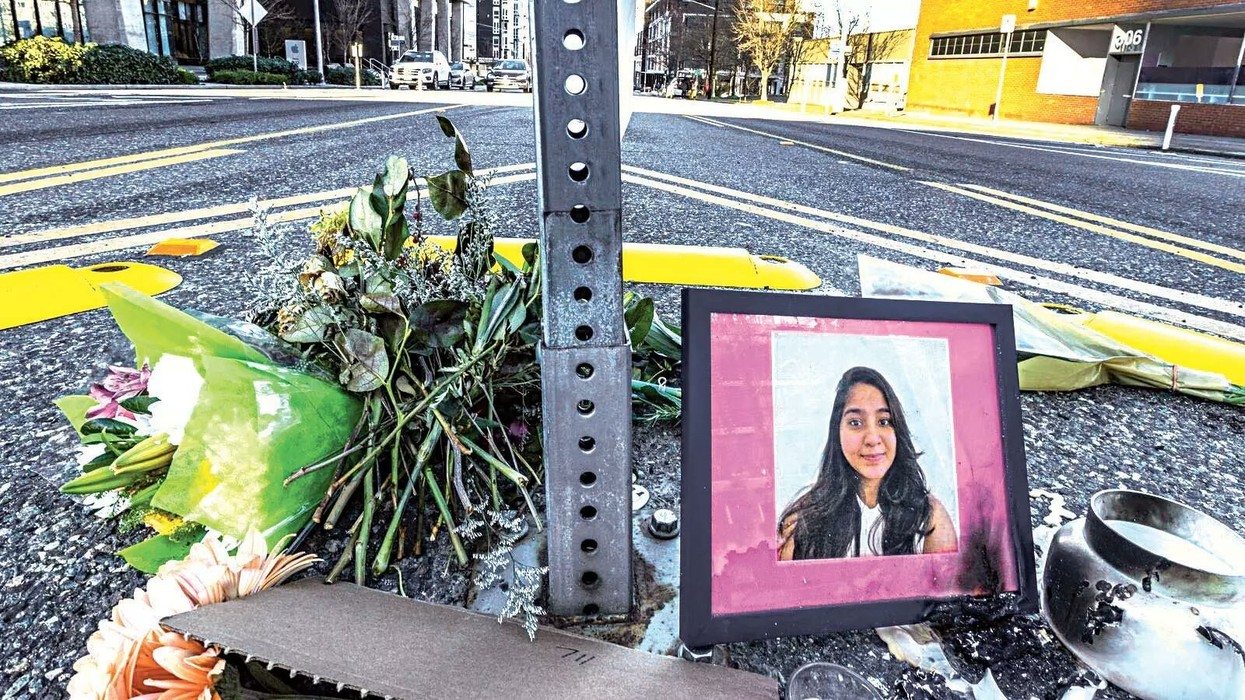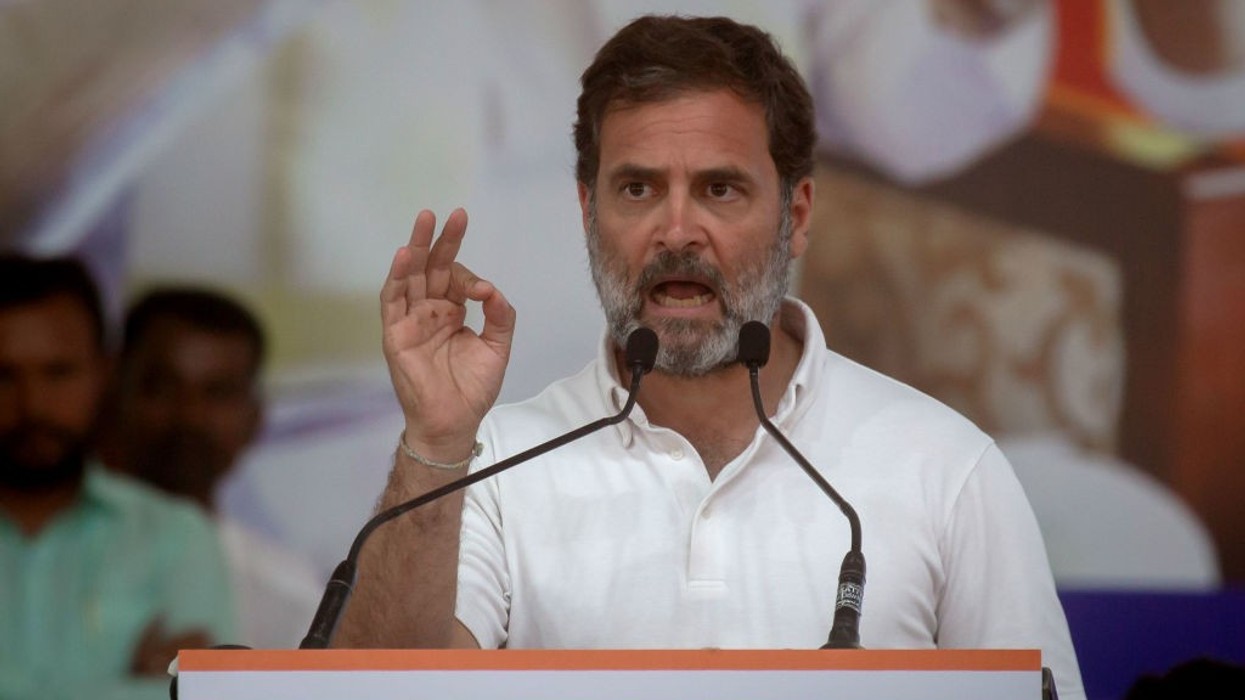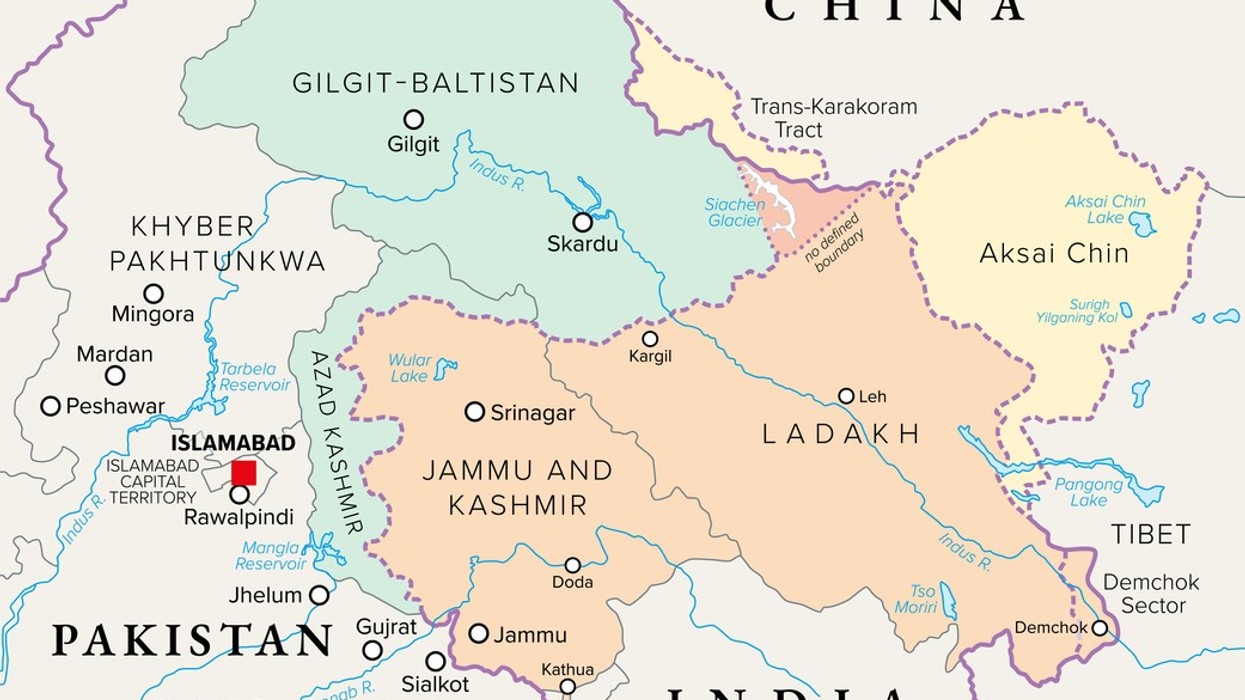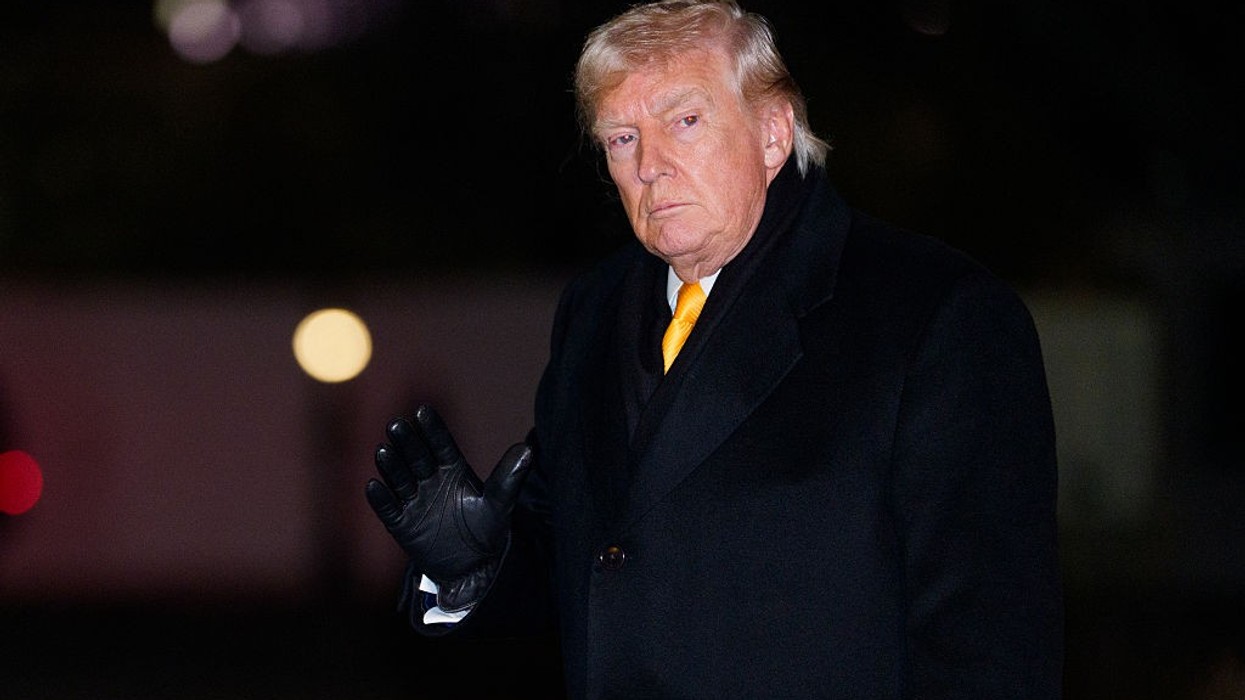UN SECURITY COUNCIL member nations posed tough questions to Pakistan on Monday (5) during an emergency closed-door meeting amid tensions between the two nations following the April 22 Pahalgam terror attack.
The Security Council refused to issue a statement following the meeting, which was held in a consultative room rather than the main hall, effectively dismissing Pakistan's attempt to get a favorable position from the Security Council.
"Pakistan's efforts to internationalize the situation also failed," said the source, who spoke on condition of anonymity. "They were advised to sort out the issues bilaterally with India."
The meeting lasted for more than an hour, and there was broad condemnation of the terrorist attack that killed 26 people and the need to fix accountability, sources told PTI.
The members refused to accept Pakistan's "false flag" narrative, and flagged concerns about its nuclear rhetoric and recent missile tests.
"The UN Security Council members raised tough questions for Pakistan at its informal session. It was advised to sort out the issues bilaterally with India," a source said.
At the deliberations, the UN Security Council discussed rising tensions between India and Pakistan and several envoys called for de-escalation.
Although the 15-member UNSC did not issue a statement, Pakistan claimed that its own objectives were "largely served".
Pakistan is one of the non-permanent members of the UN Security Council.
Greece, president of the UNSC for the month of May, had scheduled the meeting on Monday following a request by Pakistan.
Assistant Secretary-General for the Middle East, Asia and the Pacific in the Departments of Political and Peacebuilding Affairs and Peace Operations Khaled Mohamed Khiari of Tunisia briefed the Council on behalf of both departments (DPPA and DPO).
After the meeting, Khiari said there was a call for "dialogue and peaceful resolution of the conflict." He noted that the "situation is volatile."
Ambassador Evangelos Sekeris, a Permanent Representative of Greece to the United Nations and the current UNSC President, described it as a "productive meeting, helpful".
A Russian diplomat said, "We hope for de-escalation."
Citing "cross-border linkages" to the Pahalgam attack, India has vowed to punish those involved in the dastardly terror strike.
On April 23, India announced a raft of punitive measures against Pakistan, including suspension of the Indus Waters Treaty, shutting down of the only operation land border crossing at Attari and downgrading of diplomatic ties.
In response, Pakistan shut its airspace to Indian airliners and suspended all trade with India, including through third countries.
Pakistan rejected India's suspension of the Indus Waters Treaty and said any move to stop the flow of water will be seen as an "act of war".
'Military solution no solution'
Earlier, UN secretary-general António Guterres voiced concern over tensions between India and Pakistan being and called for "maximum restraint".
"Make no mistake: A military solution is no solution," Guterres said in a brief statement.
"I deeply respect and am profoundly grateful to the Government and people of both countries - and their significant contributions to the work of the United Nations, not least UN peacekeeping,” Guterres said.
The UN chief said the ties between the two countries have reached 'a boiling point', and a military confrontation could easily spin out of control.
Pakistan has held two missile tests in three days, and India unveiled plans for civil defence drills in several states on Tuesday, from sounding air raid sirens to evacuation plans.
Rating agency Moody's has warned the standoff could weigh on Pakistan's $350-billion economy, which is still recovering from an economic crisis that pushed it to the brink of default on external debt obligations in 2023.(Agencies)

